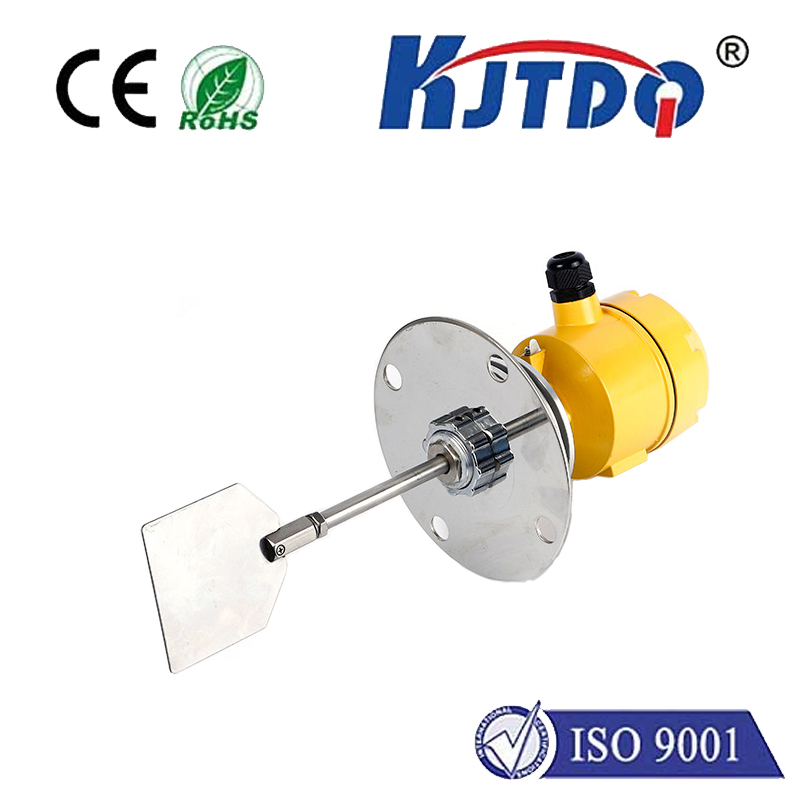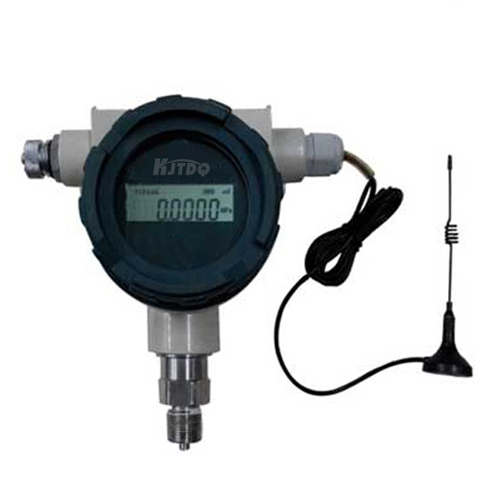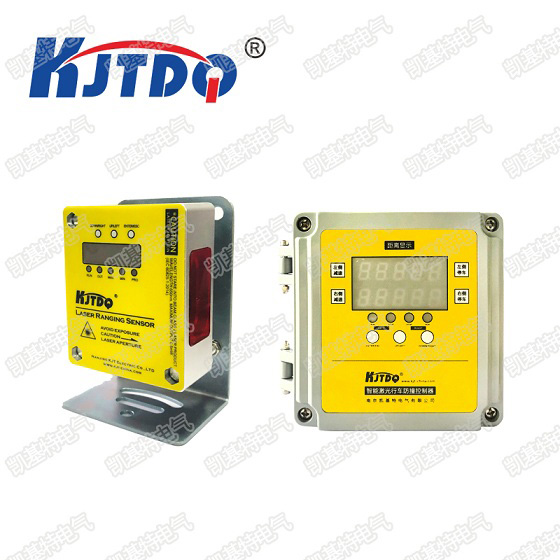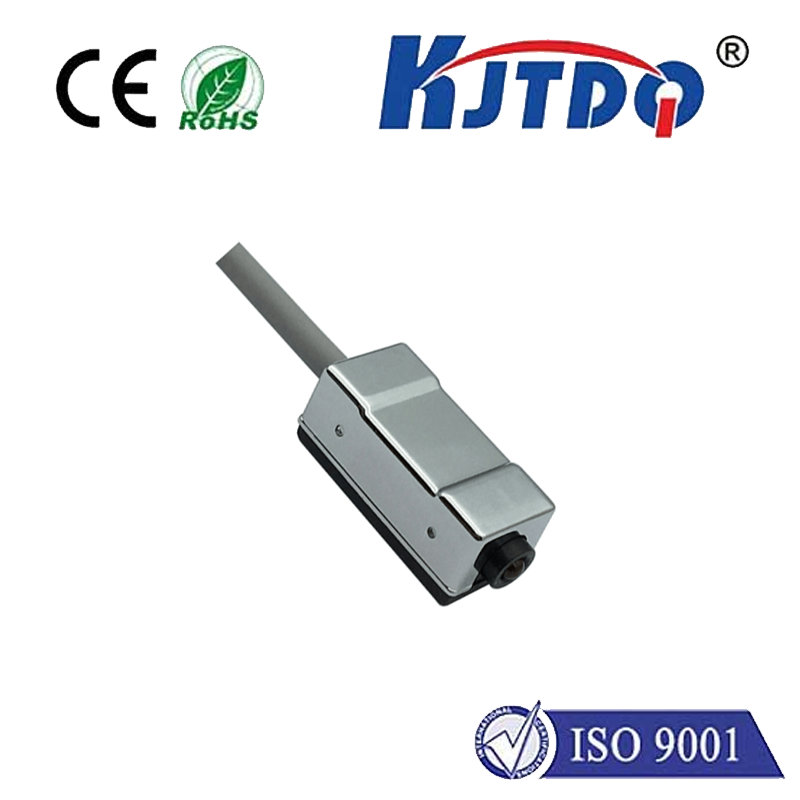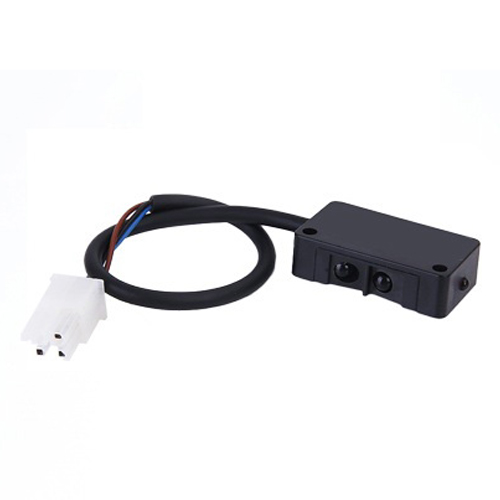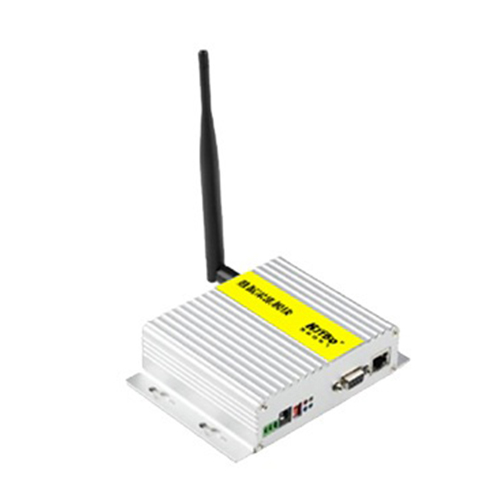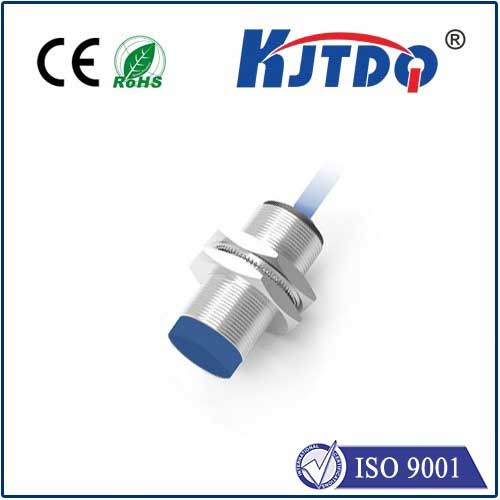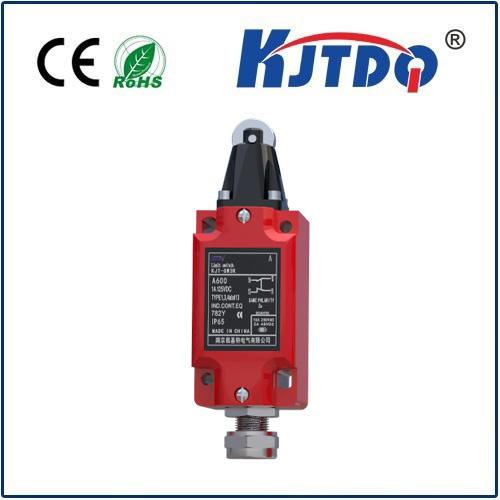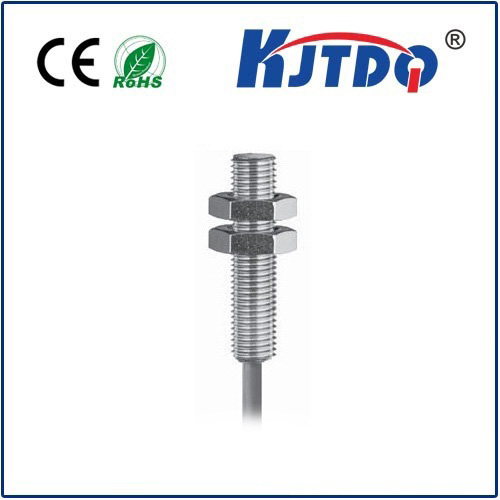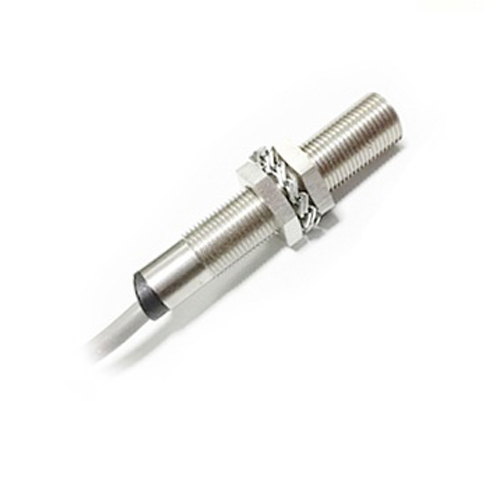Title: The Vital Role of Limit Switches in Boiler Operations
Limit switches are a crucial component in the operation of boiler systems. These devices serve as the "brain" of the boiler, controlling various functions and ensuring safe and efficient operation. In this article, we will explore the significance of limit switches in boiler operations.
Firstly, let's define what a limit switch is. A limit switch is an electromechanical device that detects the presence or absence of an object or material within its sensing range. It then sends a signal to a control system to initiate or terminate an action. In boiler systems, limit switches play a vital role in monitoring and controlling various parameters such as temperature, pressure, level, and flow rate.

One of the primary functions of limit switches in boiler operations is safety. They act as a safeguard against overheating, overpressure, and low water levels, which can lead to catastrophic failures if not addressed promptly. For example, when the temperature or pressure exceeds the preset limits, the limit switch triggers an alarm or shuts down the boiler to prevent any damage to the equipment or harm to personnel.
In addition to safety, limit switches also contribute to energy efficiency in boiler operations. By monitoring and controlling the temperature and pressure levels, they help optimize the combustion process and minimize fuel consumption. This results in reduced operating costs and extends the lifespan of the boiler.
Another important aspect of limit switches in boiler operations is their ability to enhance process control. By providing accurate data on temperature, pressure, level, and flow rate, they enable operators to fine-tune the boiler's performance and maintain optimal conditions for specific applications. This ensures consistent quality and efficiency in industrial processes that rely on boiler systems.
Moreover, limit switches are instrumental in preventing equipment wear and tear. By detecting abnormal conditions such as excessive vibration or noise levels, they alert operators to potential issues before they escalate into more significant problems. This proactive approach helps reduce maintenance costs and downtime, ensuring continuous operation of the boiler system.
In conclusion, limit switches serve as a critical component in boiler operations by ensuring safety, promoting energy efficiency, enhancing process control, and preventing equipment wear and tear. Their importance cannot be overstated, as they play a vital role in maintaining the reliable and efficient operation of boiler systems across various industries.
